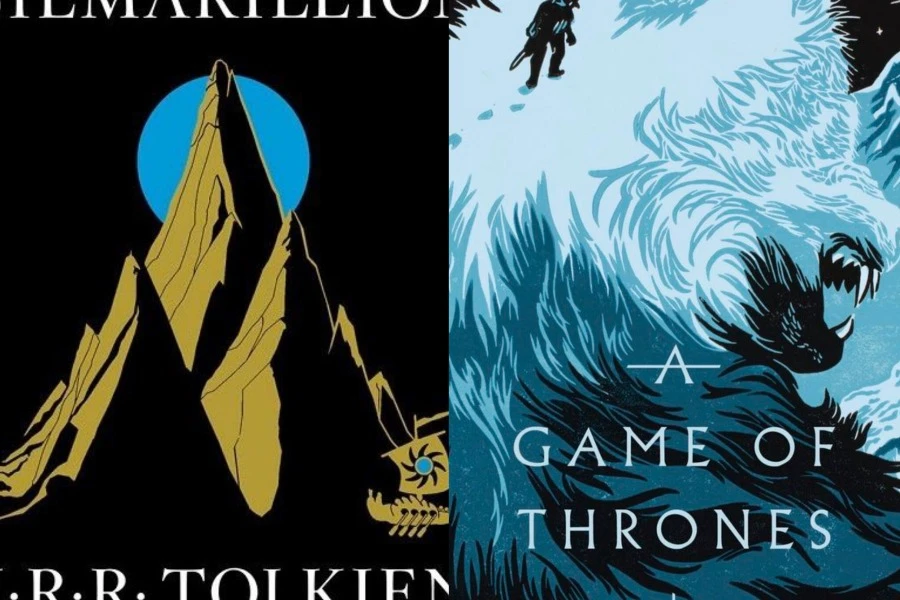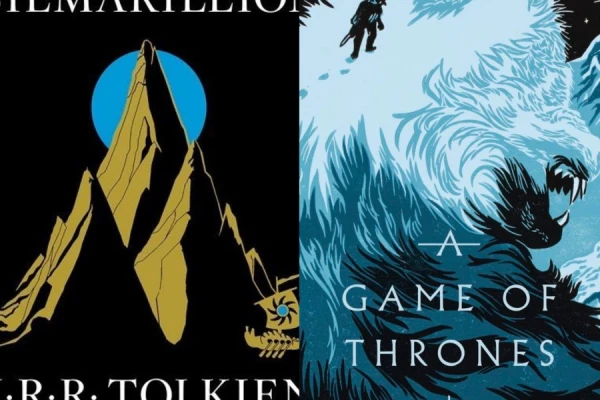Book lovers and avid readers are surely familiar with two epic works: The Silmarillion and A Song of Ice and Fire. Both are dark tales filled with downfall, deception, complex characters, and tragedies at their core.
When we read The Silmarillion, we are drawn into a world that, despite its darkness and tragedy, still holds a glimmer of light.
It is the light of clear moral values, where each character's story is marked by sacrifice, suffering, and hope to remain on the right path.
In contrast, reading A Song of Ice and Fire often feels like being trapped in an uncertain world—one where honor ends at the executioner’s hand and evil continues to reign.
The Silmarillion is indeed full of wars, failures, and betrayals, yet every action carries moral consequences. Take the iconic Fëanor and his sons, for example: they are punished not simply for their failings but because they violated sacred order out of pride.
Meanwhile, in G.R.R. Martin’s universe, evil appears to be the only true response necessary for survival. It is as if the narrative tells its readers that to live in a broken world, one must become broken as well.
For Tolkien, while the world may be flawed, it does not mean the people within it must be corrupt. In The Silmarillion, amid shattered systems and prolonged decline, figures like Finrod Felagund are willing to sacrifice their lives for humans who are not even their kin, showing that suffering for the right cause is never in vain.
In Westeros, love can become a source of immorality, and goodness, as exemplified by Ned Stark, does not guarantee safety but often ends in futility.
Conclusion
Lorem ipsum dolor sit amet, consectetur adipiscing elit, sed do eiusmod tempor incididunt ut labore et dolore magna aliqua. Ut enim ad minim veniam, quis nostrud exercitation ullamco laboris nisi ut aliquip ex ea commodo consequat. Duis aute irure dolor in reprehenderit in voluptate velit esse cillum dolore eu fugiat nulla pariatur. Excepteur sint occaecat cupidatat non proident, sunt in culpa qui officia deserunt mollit anim id est laborum.
Closing
Ultimately, although both tales feature tragedy, complex characters, and richly imagined worlds, The Silmarillion lets light persist, whereas A Song of Ice and Fire allows light and morality to sink into the grayness and cunning of its universe.








Responses